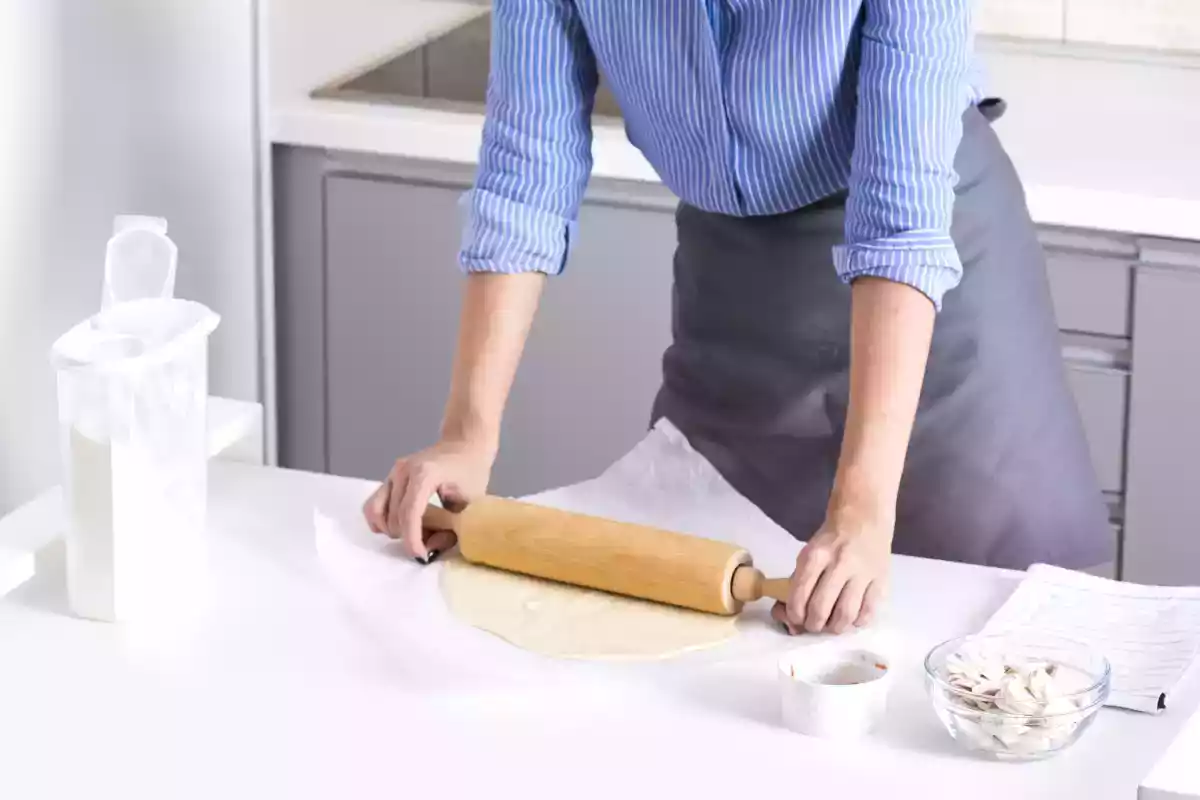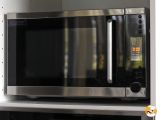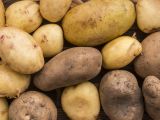Should you worry about greaseproof paper? What you need to know before using it

Parchment paper is often an indispensable tool in the kitchen, especially for baking. However, more and more questions are being asked about its potential effects on health and the environment... Is it really harmless? Here's what you need to know before continuing to use it in your cooking!
What is greaseproof paper?
Parchment paper is a type of paper treated with sulfuric acid to make it waterproof and heat-resistant. It is mainly used to prevent food sticking to baking trays and pans.
However, this protective layer is often obtained via a chemical process, and this is where some concerns lie. For paper to be non-stick and resistant to high temperatures (around 430°F-480°F (220-250°C)), it may be coated with silicone or chemical substances that raise questions about its safety when exposed to heat.
Health risks
The question of health risks arises above all from the chemical coatings of parchment paper. While silicone greaseproof paper is generally considered safe, its equivalent treated with sulfuric acid or containing bleaching agents (such as chlorine) can be problematic. There are concerns about the migration of certain chemical particles into food during high-temperature cooking, although studies on this subject are not yet completely conclusive.
Prefer unbleached paper: It's advisable to opt for unbleached parchment paper, as the chlorine bleaching treatment could release dioxins, potentially harmful compounds.
Environmental impact
The use of disposable greaseproof paper also has a significant impact on the environment. Although it may seem harmless, it ends up in the garbage can after just one use, contributing to the production of waste. What's more, as it is treated with chemicals, it cannot be composted or easily recycled.
Eco-friendly alternatives to greaseproof paper
If you're looking to reduce your environmental impact and avoid potential health risks, there are several alternatives to disposable greaseproof paper:
- Silicone baking mats: These reusable mats are an excellent option. They are resistant to high temperatures and are easy to clean. They are a sustainable, health-safe solution, provided they are guaranteed BPA-free.
- Reusable baking paper: Made from fiberglass with a non-stick coating, it offers an effective alternative to disposable paper, and can be used for several cookings before needing to be replaced.
- Natural coating: If you want to avoid paper altogether, coat your pans and molds with oil or butter to prevent food from sticking.
Conclusion
Although baking paper is practical, its use carries potential health and environmental risks, especially if treated with chemicals or bleached. For healthier, more environmentally-friendly use, opt for alternatives such as unbleached baking paper, silicone baking mats or reusable papers.
Use these options for cooking that's more respectful of the environment and your health, while enjoying the same practical benefits as traditional baking paper!
You may be interested in:
 Adèle Peyches
Adèle Peyches

Comments